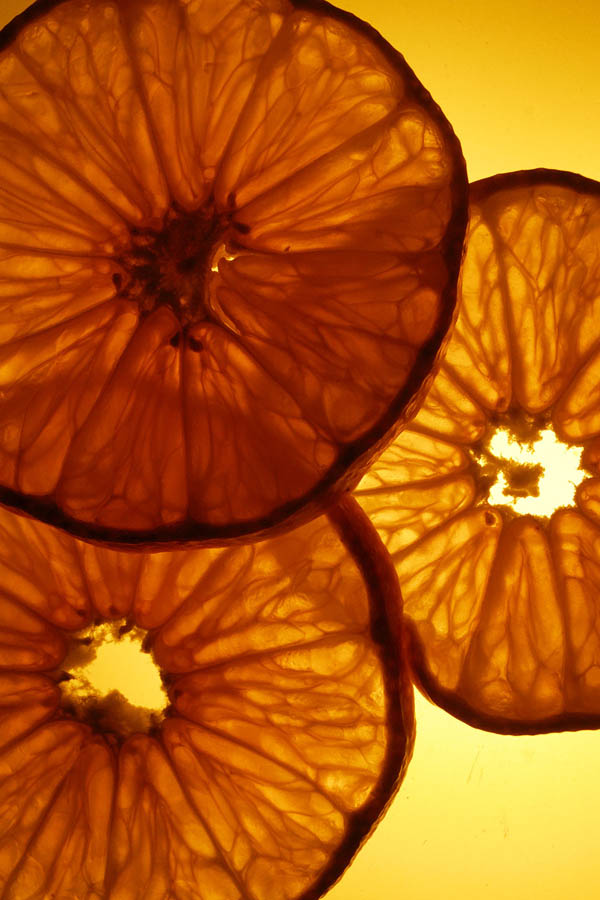Getting your Vitamin C dose on International Scurvy Awareness Day
International Scurvy Awareness Day is celebrated on 2 May. Scurvy, a condition typified by tiredness, muscle weakness, joint and muscle aches, rash on the legs and bleeding gums, is caused by a lack of Vitamin C. Interestingly, Vitamin C, or ascorbic acid, got it’s name from ‘scorbutus’, the Latin name for scurvy.

(© All Rights Reserved)
Scurvy used to be a common ailment suffered by sailors, soldiers and others who did not have access to fresh fruit and vegetables for extended periods of time.
These days, with most people having ready access to fresh fruit and veges, or alternatively Vitamin C-enriched processed fruit, scurvy is usually only found among people on very restricted diets, people who are under extreme psychological stress, chronic alcoholics or heavy smokers. Babies weaned from breast milk and switched to cow’s milk without Vitamin C supplementation may also develop symptoms, including swelling of the legs, fever diarrhoea and vomiting. Once symptoms of scurvy manifests in a patient, it can be effectively treated with a daily dose of between 300 and 1000mg of ascorbic acid (or 50mg taken 4 times a day, in the case of infants). Left untreated, however, the condition can result in death.
The amazing thing is that, despite the cure for scurvy being so simple, and well-known, there are still hundreds of cases of scurvy reported each year.
So, on International Scurvy Awareness Day, the message is to treat yourself to regular helpings of fresh fruit and vegetables, and preferably to also take a daily Vitamin C supplement, especially if you are under stress, on medication, or regularly smoke or use alcohol.
Avoiding scurvy is as simple as anything. To quote Limestrong.com, home of International Scurvy Awareness Day, “This goal is made even easier by the fact that Scurvy is one of only two diseases known to modern medicine that can be easily cured by drinking a wide variety of readily available cocktails. Just enjoying a Bloody Mary, Margarita, fruit tart, or even just a cool glass of lemonade twice a week will ensure that you stay fit and healthy.”
Unfortunately no mention is made of the other disease that is curable by cocktail… 🙂

